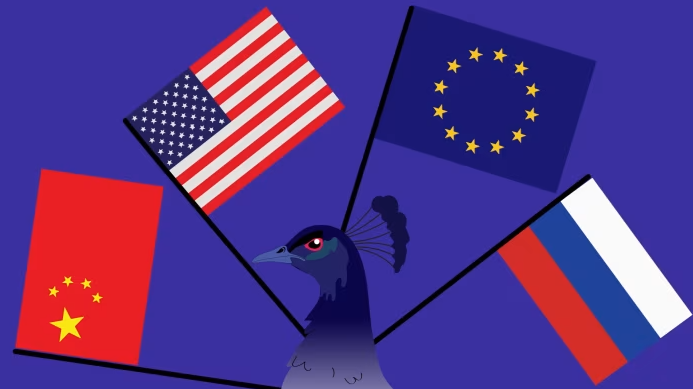
Brian Wong, Assistant Professor in Philosophy and Fellow at Centre on Contemporary China and the World, HKU and Rhodes Scholar
Apr 22, 2025
The early decades of the 21st Century have already seen a rapid shifting of global power, and today one could view the world’s relationships flowing through a four-way struggle for balance and dominance between the U.S., China, the EU, and Russia.
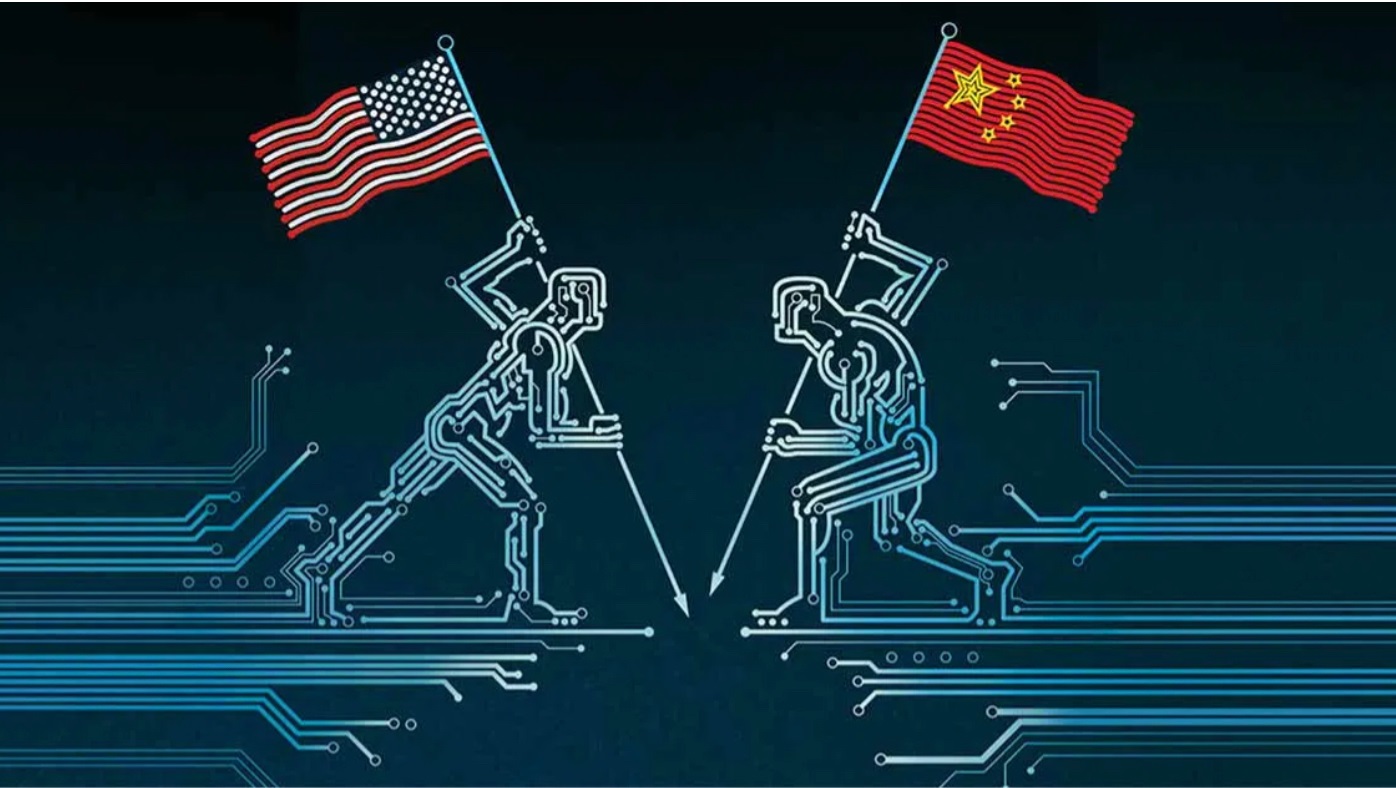
Xiao Qian, Deputy Director, Center for International Security and Strategy at Tsinghua University
Apr 14, 2025
Yes, they can. As the world’s two major powers in AI technology, the U.S. and China must work together to build capacity, contribute to AI for developing countries, bridge the digital divide and help achieve the United Nations Sustainable Development Goals.
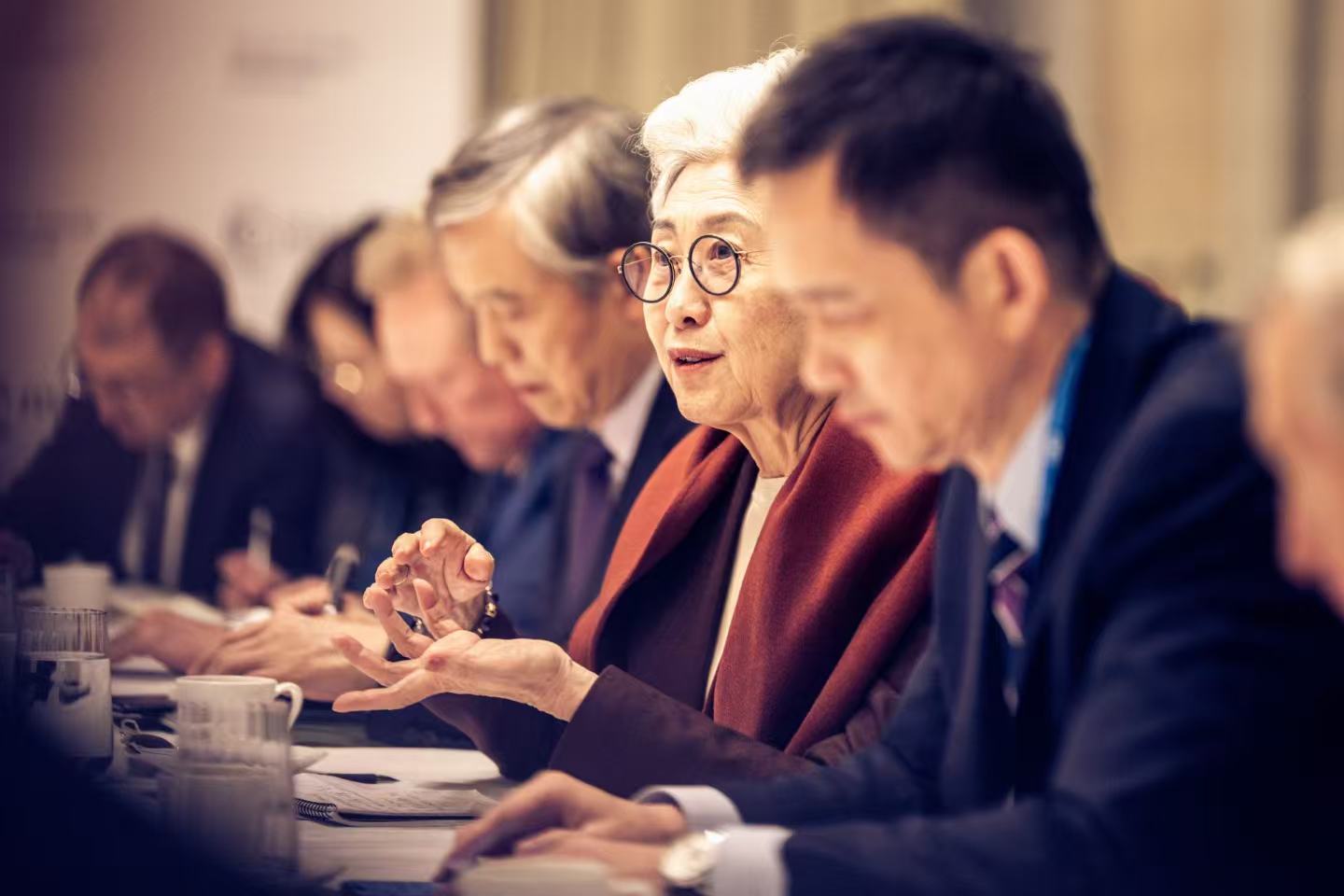
Fu Ying, Founding Chair of Center for International Security and Strategy, Tsinghua University; China's former Vice Minister of Foreign Affairs
Mar 19, 2025
On February 14, 2025, at 1:30 PM, the 61st Munich Security Conference (MSC) opened at the Hotel Bayerischer Hof. I arrived early at the conference hall, but the 200 seats had mostly been taken and I finally found a spot back in the room.
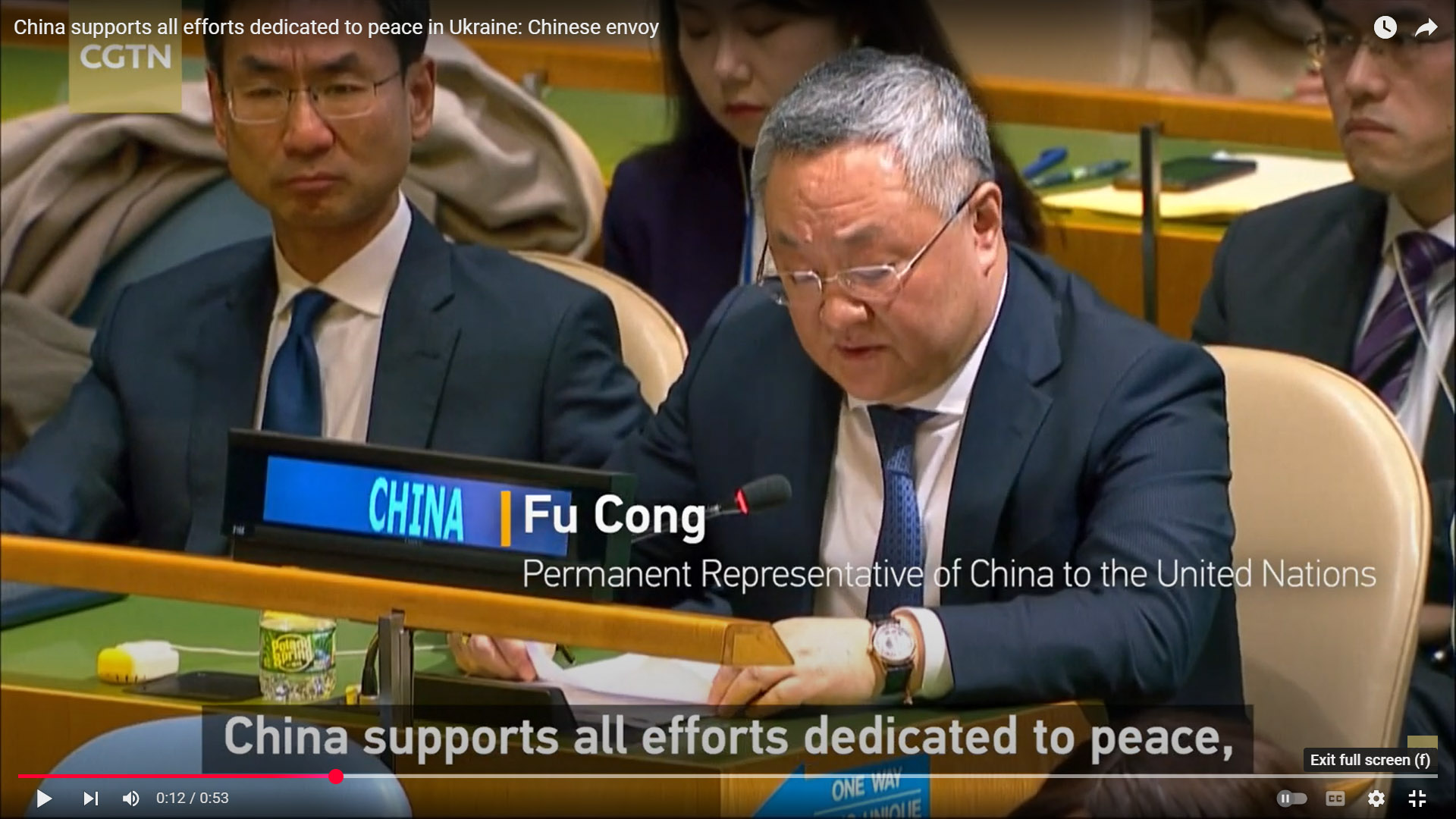
Xiao Bin, Deputy Secretary-general, Center for Shanghai Cooperation Organization Studies, Chinese Association of Social Sciences
Feb 27, 2025
U.S. President Donald Trump’s approach to promoting peace in Ukraine has brought significant changes. China needs to find new roles for itself in promoting the peace process, while continuing to advocate political solutions.
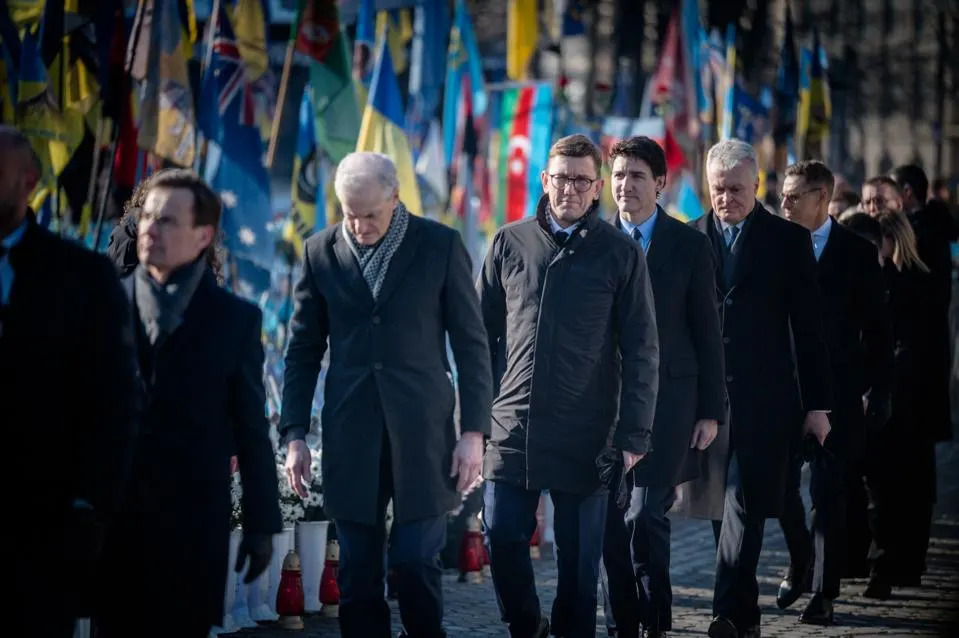
Brian Wong, Assistant Professor in Philosophy and Fellow at Centre on Contemporary China and the World, HKU and Rhodes Scholar
Feb 26, 2025
The future is uncertain for the European Union as powerful regimes with inward-looking agendas have begun rolling out policy in the U.S., Germany, and France, due in no small part to the second Trump administration. For Europe, NATO, and the conflict in Ukraine, this could potentially lead to unprecedented changes in the modern global order.
Sujit Kumar Datta, Former Chairman of Department of International Relations, University of Chittagong, Bangladesh
Feb 26, 2025
America’s stunning withdrawal from global leadership under President Donald Trump’s isolationist policies has accelerated China’s rise, marking a significant shift in global power dynamics. China’s timing is perfect for the moment as it promotes a vision of global collaboration and shared prosperity.
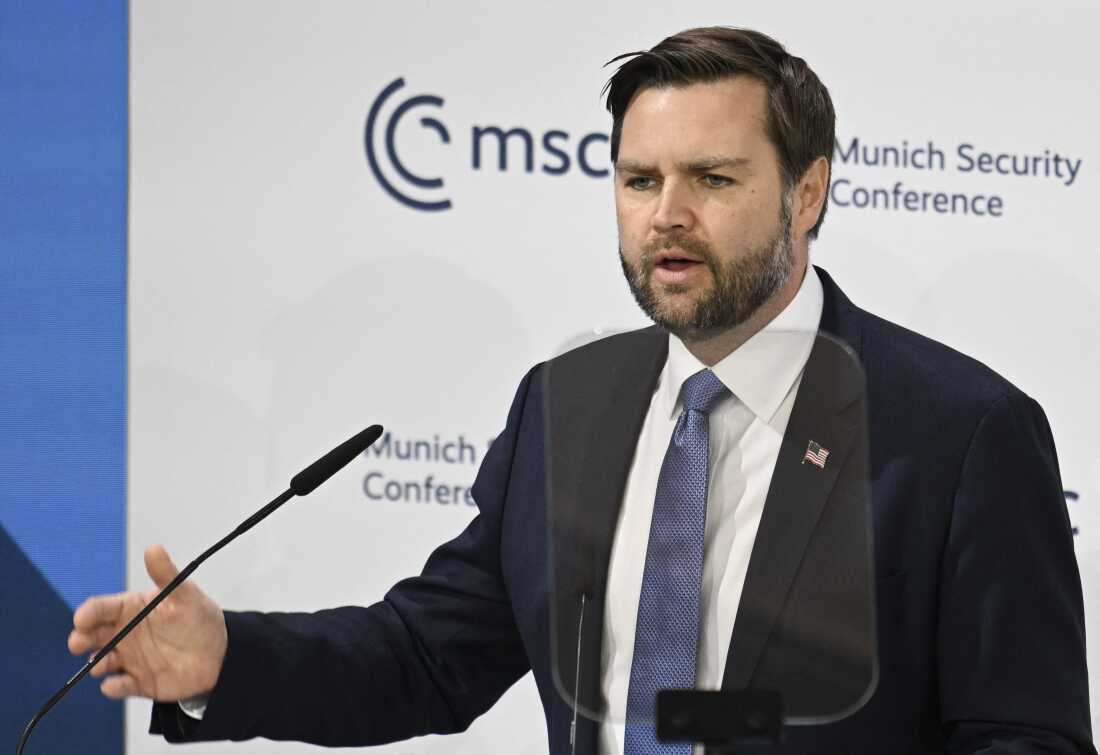
Wang Yiwei, Jean Monnet Chair Professor, Renmin University of China
Feb 26, 2025
The world is undergoing profound changes, as reflected in the report from this year’s Munich Security Conference. Focusing on multi-polarization, the report details U.S. arrogance, European hopelessness, Global South helplessness and worldwide disorder.
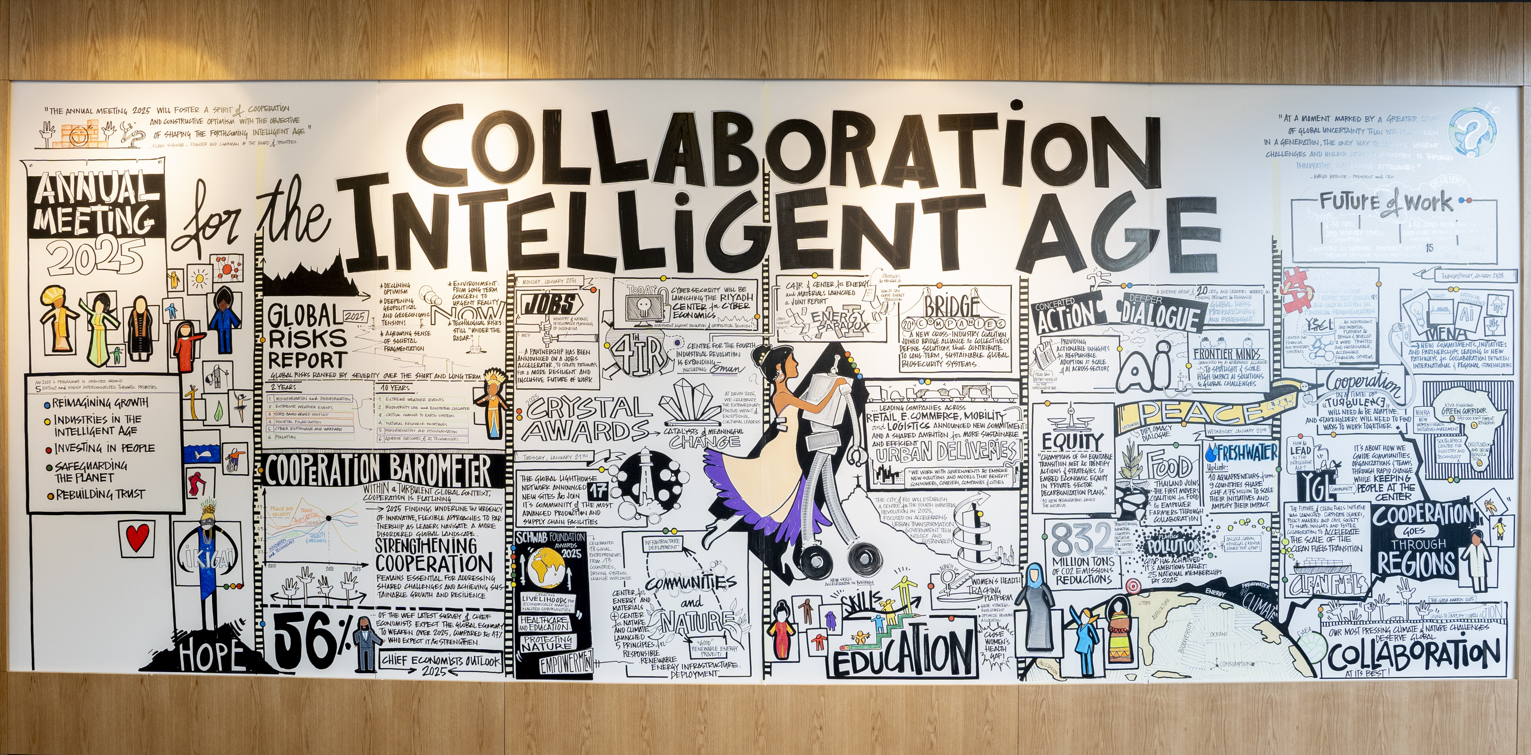
Li Yan, Director of President's Office, China Institutes of Contemporary International Relations
Feb 25, 2025
Three major conferences held in Europe — the Davos Forum, the Artificial Intelligence Action Summit and the Munich Security Conference — underscored the defining feature of the current international landscape: It’s a complex and evolving mix of cooperation and competition.
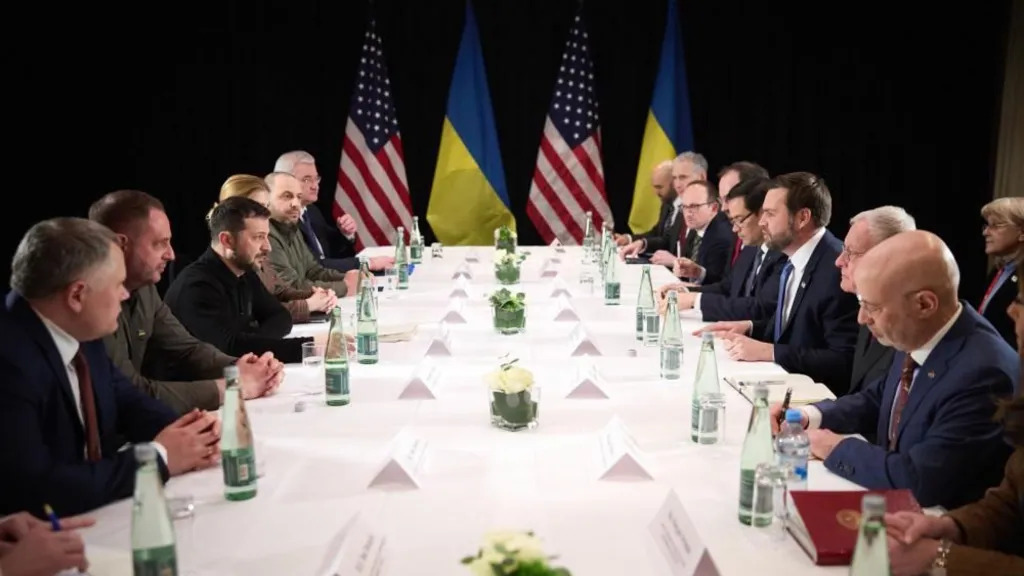
An Gang, Adjunct Fellow, Center for International Security and Strategy, Tsinghua University
Feb 25, 2025
If Europe fails to awaken and respond to its humiliating rejection by the United States, it will lose not only its seat at the table for Ukraine-Russia peace talks but also its status as a leading player in the future multipolar world.

Sun Chenghao, Fellow, Center for International Security and Strategy of Tsinghua University; Munich Young Leader 2025
Feb 20, 2025
European delegates to security conference, reacting to a disturbing speech by U.S. Vice President JD Vance, say privately that it’s clear the continent must gradually break with the United States. The reduction of America’s strategic investment in Europe is accelerating Europe’s search for autonomy in an increasingly multipolar world.